A simple question. How does a country that is a poor, under-developed, socialist/communist dictatorship go on to become a world economic powerhouse? The answer is Crony Capitalism.
Historical Background
To understand how China got to where it is today, one needs to understand the background and history of Chinese socialism. In the aftermath of the Chinese Communist revolution, Mao Zhedong in an attempt to bring about his vision of a socialist-workers utopia, launched his Cultural Revolution in 1966. The purpose of the movement is was to cleanse the capitalists and traditionalists from Chinese economy and society. Mao saw anyone not sharing his specific vision of a socialist state as roadblocks that needed to be purged.
Mao’s movement started with the indoctrination of the youth and university students by the communist party and the formation of Red Guard units made up mainly by young students. Children everywhere were instructed to publicly “out” (accuse) any teachers, professors, businessmen, or even their own parents and family members that didn’t support the socialist ideals of the revolution. People were rounded up in show trials and were either executed or sent to re-education prison camps where they underwent socialist indoctrination. Only when they confessed to their crimes and were deemed to be sufficiently supportive of the socialist utopia where they released. Many doctors, academics and business people spent years in these camps and upon release were deliberately assigned public sanitation jobs like street sweepers and janitors. This happened to members of my own family.
A cornerstone of the Cultural Revolution is the successful systematic destruction of the “Four Olds” those of traditional Chinese customs, culture, habits, and ideas. Chinese traditional culture were all but wiped from existence and memory to include museums, temples, history books, art, and traditional cultural values around family and society. This was deliberately done to create a social and economic vacuum which was filled by the Communist Party and its ideology.
The result of the Cultural Revolution was economic disaster. Manufacturing and agriculture ground to a halt. Some estimates puts the death toll through displacement, execution, and suicide as high as a million people with up to 35 million people sent to re-education camps. China’s “Lost Generation” is a term used to describe school-aged children during the revolution who were sent to the countryside to work on collective farms and receiving no education or skills to support them in adulthood.
Economic Rise
After the death of Mao in 1976, Deng Xiaoping became the paramount leader of the Communist Party of China. Deng was a socialist-reformist leader who Mao had purged from the party and sent to re-education camp during the Cultural Revolution. Deng was a reformer who began liberalizing the Chinese economy in 1979 starting with business deals with western companies that included Coca-Cola and Boeing. However, in early 1980 the Chinese economy was still mostly an agrarian-based economy with most all citizens riding bicycles in the cities. Deng’s view was that China was going to be the poster-child for modern socialism to demonstrate that socialism can work. To achieve economic growth, China focused its initial efforts to become a low-cost exporter taking advantage of its low labor cost and the effectiveness of communist one-party rule in China to make economic reforms happen quickly. In 30 plus years since China went from an agricultural backwater to one of the most advanced economies second only to the US.
Three Pillars of Chinese Economics
How does this economic explosion happen seemingly overnight? Because China is effectively a one-party dictatorship, it has the ability to embrace capitalism without losing its grip on political power and control. It started with low-cost manufacturing centers where foreign corporations were invited in to sell to the one billion citizen strong Chinese market. The price for entry was foreign companies could only operate as a joint venture (JV) with a Chinese domestic partner/company in charge who typically was run by either a member of or a related family member of the Communist Party. This gave the Chinese partner companies access to manufacturing technology and processes and effectively allowed the Chinese to control the JV company. Communist party members became billionaires overnight and then took the manufacturing processes it obtained through the JVs to manufacture other products in direct competition with the foreign companies. Lower cost of production meant foreign companies are encouraged to set up shop in China to produce goods much cheaper than they can produce domestically in their respective countries. This manufacturing industry formed the first pillar of China’s rise.
Photo: low-cost manufacturing at Chinese factories
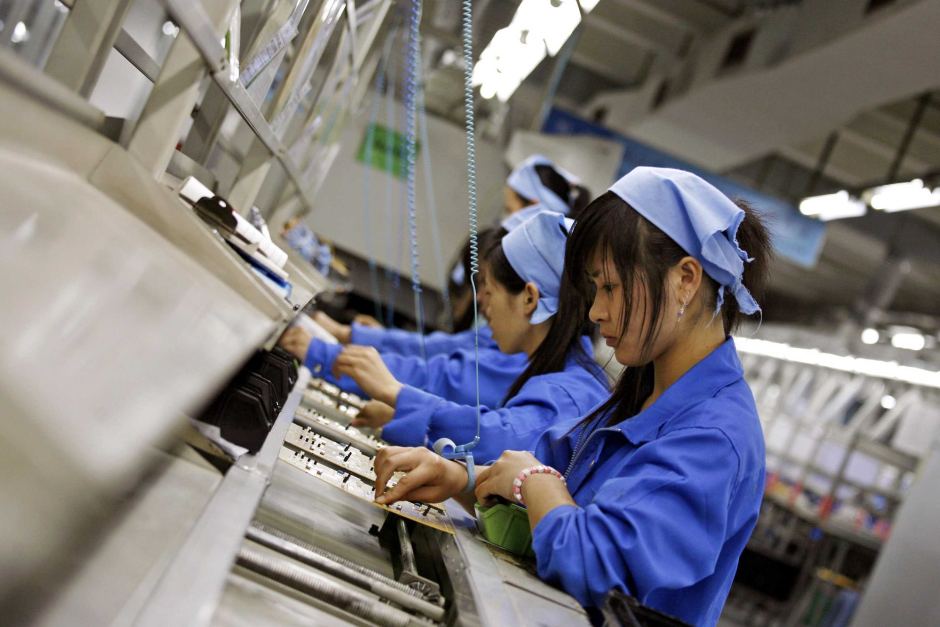
The second pillar of the Chinese economy came from theft of intellectual property (IPs). The JVs provided Chinese with access to technology and when foreign companies began to realize their technology was being stolen through the JV process, they began to try to limit Chinese access. This is where Chinese industrial espionage came in. Instead of spending billions to research and develop technology, the Chinese simply stole what they needed from western companies for a fraction of the cost of developing technology organically. This is simply proven by the fact that China has spent comparatively little on research and development and yet it is able to mimic cutting edge technology almost as quickly as western companies can develop them. Some economists estimate that Chinese IP theft from western companies amounts to over a trillion dollars. When western countries complain of this theft, the Communist parties will simply round up a few street-level black marketeers and make a public show of their trials and summary executions.
Photo: Executions for black marketing in China are a typically carried out immediately after the trial.

The third and final pillar of the Chinese economy is Crony Capitalism. It is a term used to describe a form of capitalism where corporations are closely linked to the government and vice versa. All business in China is conducted only with the approval of the Communist Party. Large Chinese corporations are controlled directly by party members, their families, or close allies of the party. Competition is allowed only to a limited extent which permits the large companies to operate as a virtual monopoly or oligopoly when it comes to Chinese domestic markets and customers. Since the large companies are so closely tied with the government, the Communist Party also manipulates foreign exchange to ensure that Chinese goods remain competitive in terms of cost and trade laws are favorable to domestic companies. As a one-party dictatorship, laws regarding commerce are enforced through Communist Party controlled courts and regional councils and judgments favor the party sponsored businesses. Chinese companies effectively enjoy protection from competition through the support of their own government.
Book: China’s Crony Capitalism by Minxin Pei
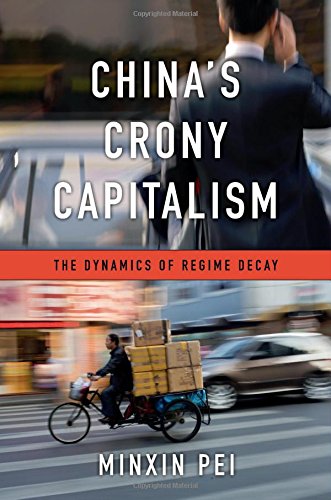
The current trade dispute threatens the second pillar of Chinese economics which relies upon IP theft. Current market conditions and rising wages in China strike at the first pillar and China is no longer the low-cost manufacturer it once was. This makes the trade dispute much more important to China than the rest of the world may realize. If China and the US comes to terms and results in a trade agreement, China will need the third pillar of crony capitalism to sustain the Chinese economy for some time to come.






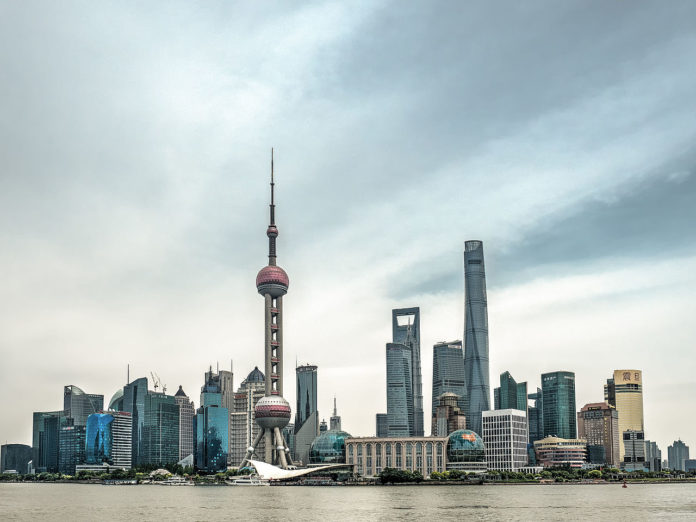
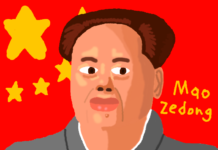
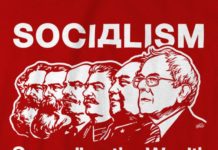
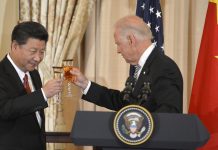
















One has to wonder how today’s socialist idealists within the country view the party’s billionaires, as well as the massive modern city scapes full of signs of capitalism. Can the goverment still educate/indoctrinate their population with the same “success”, considering all the forays into our (mostly better-off) western world?
In the case of China, it has been a socialist/communist state since the death of Mao. The “communist” label that the party keeps is simply a justification for the political structure they established. In effect, China is a better fit for the crony capitalist label than even the US.